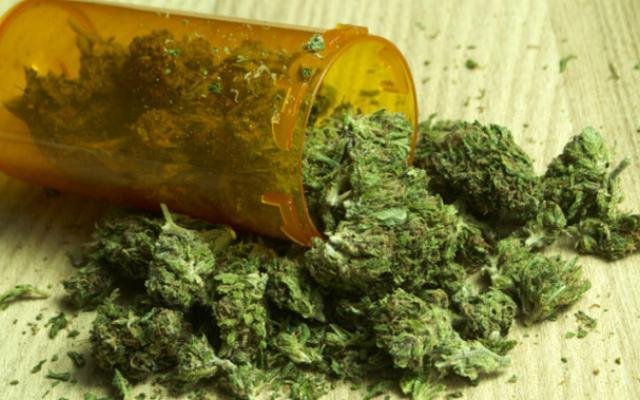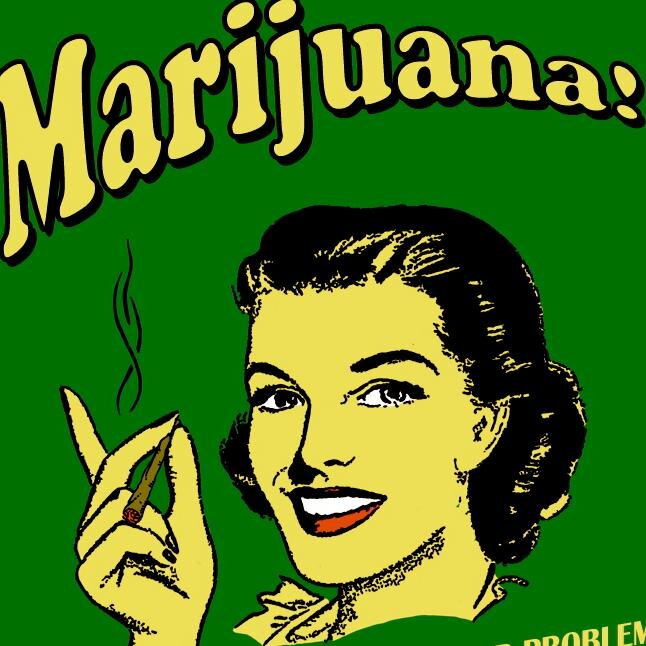A Call to Legalize Marijuana in the U.S.

Public opinions of marijuana are changing quickly with the availability of information and studies showing at least this piece of the drug war was not only inefficient but also based on lies. To date, 28 states have legalized at least the medical use of marijuana, many of which also accept recreational use. The states who have had recreational use since 2012 show an increase in tax revenue and minimal effect on marijuana use itself.
Utah and California were the first to outlaw marijuana over 100 years ago. This was largely in reaction to migrant workers, who were found to be associated with it. It wasn’t dealt with at the national level until 1937 with the Marijuana Tax Act and further laws followed it. The Anti-Drug Abuse Act, established under Reagan, was what defined marijuana as a Schedule I drug.
Schedule I drugs are drugs the government has deemed high risk with no medical benefits. Marijuana sits here along with drugs such as heroin, LSD, methaqualone, and ecstasy. We compare this definition with lower classifications, such as Schedule II drugs - high potential for abuse with some medical benefits such as oxycodone, morphine, opium, and Ritalin. Another step down, to Schedule III - potential for abuse with medical benefits such as Vicodin and Codeine. Lower levels include Schedule IV (Xanax, etc) and Schedule V (Robitussin AC, etc).

Many states have recognized the medical benefits of marijuana and are now defying the federal scheduling, whether only for medical use, or by opening it up for all uses. In the late 1980s, marijuana was proven to be useful in nausea relief for chemo and AIDS patients. Several studies show promising results in nerve pain relief in patients with diabetes, AIDS, and spinal cord injuries. Several other countries are using marijuana to help control muscle spasms in patients with multiple sclerosis. Although less studied at this time, it seems marijuana shows promise in treating epilepsy, Crohn’s Disease, slowing cancer growth, Parkinson’s, and Alzheimer’s. When the U.S. reschedules marijuana, further studies will be able to take place, allowing more patients to benefit from the drug in a safe manner.

But patients wouldn’t be the only ones benefitting. Legal businesses would be able to take advantage of the new business opportunities. Not only growers and dispensaries, but also the behind-the-scenes businesses who are currently unable or unwilling to work with legal marijuana businesses due to the federal stand against them. The Farm Bureaus who could work with the growers, the accountants who could prepare taxes for the businesses, the scientists who could study further uses and work on different strains - there are a great number of people outside of the business of marijuana itself who could benefit.
It’s time for agricultural, medical, and other groups to come together to call for the legalization of marijuana. One doesn’t have to be a grower or a user to recognize the potential for the economy and to see the exaggerated consequences we have been taught as truths our whole lives. It’s time to move on and allow individuals to make these choices for themselves.
The people needs freedom to build his body or destroyed that is be free